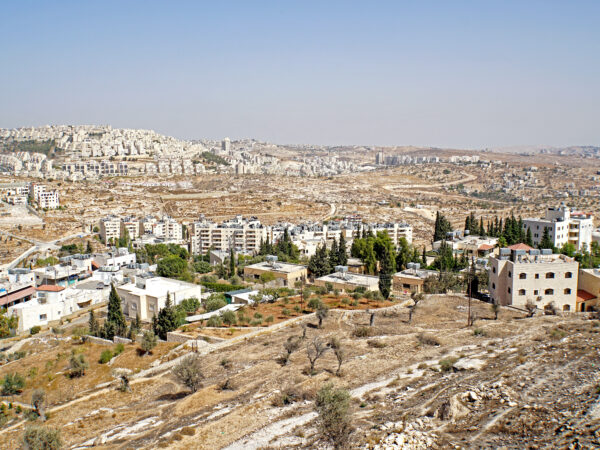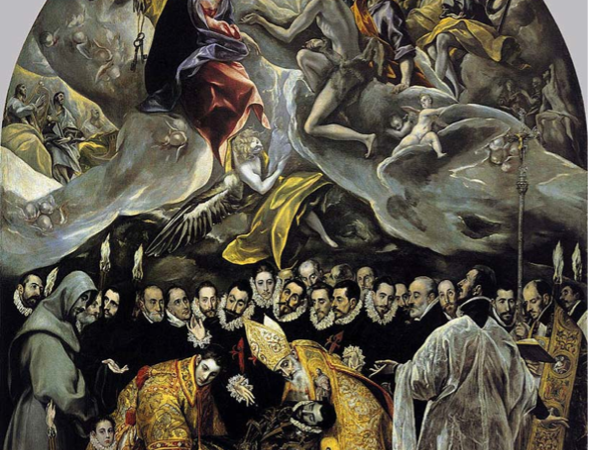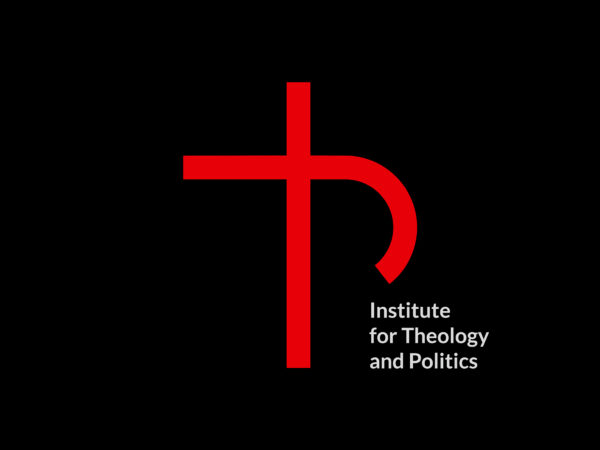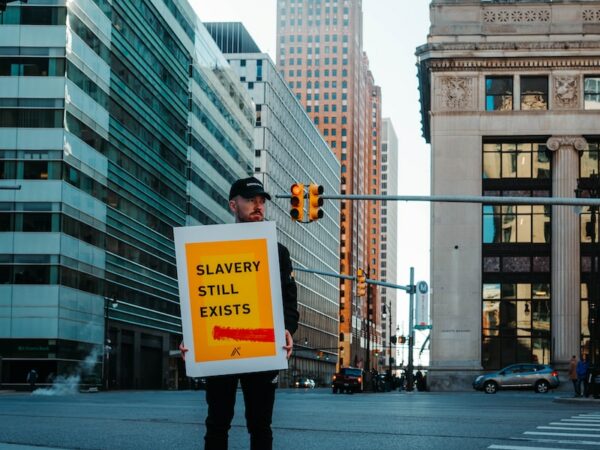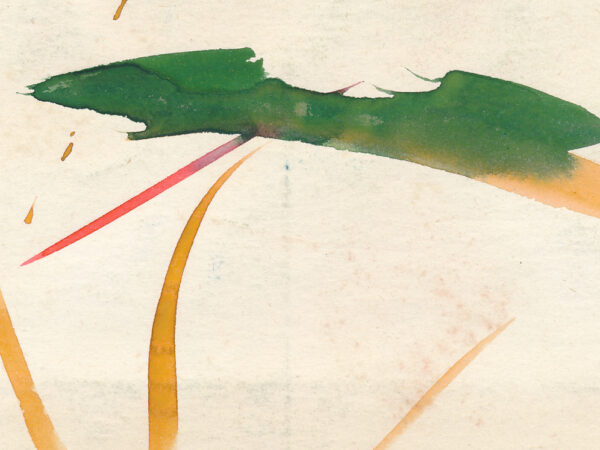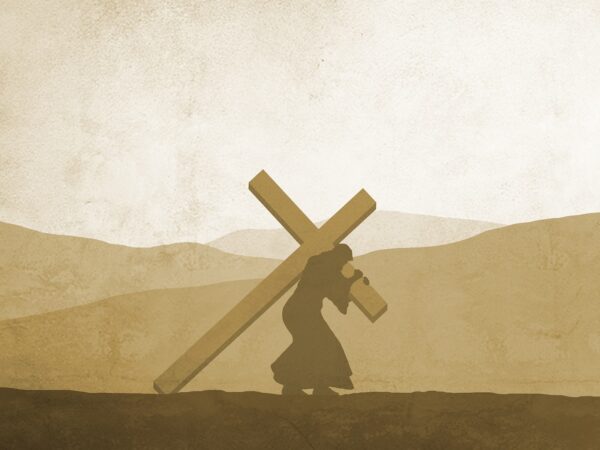
Yet this “good news” – profoundly strange, even apparently morbid – promises that, in relinquishing our supereminent concern for the self, pursuing instead the way of peace and justice, we become so free that even a violent end may be an expression of an ultimately joyful reception of the gift of life – that is, it may be the way to save a life.
By Ben Dillon
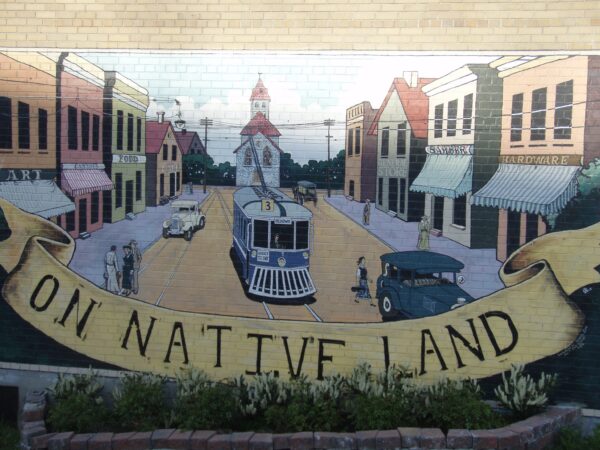
From the perspective of political theology, the presence of Indigenous peoples and settlers shaped by historical and ongoing settler colonial relations raises important political and religious questions about the possibilities and conditions of sovereign Indigenous existence and the (im)possibities and conditions of restorative or reconciled settler futures.
By Dana Lloyd
& Jan Pranger
